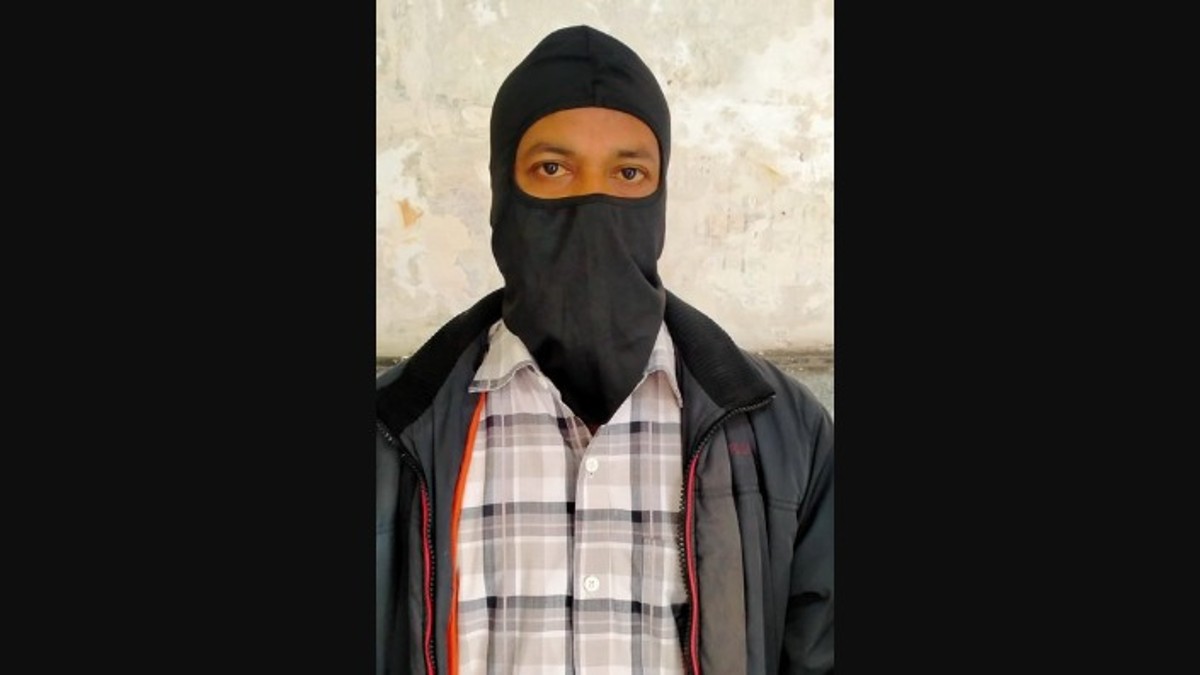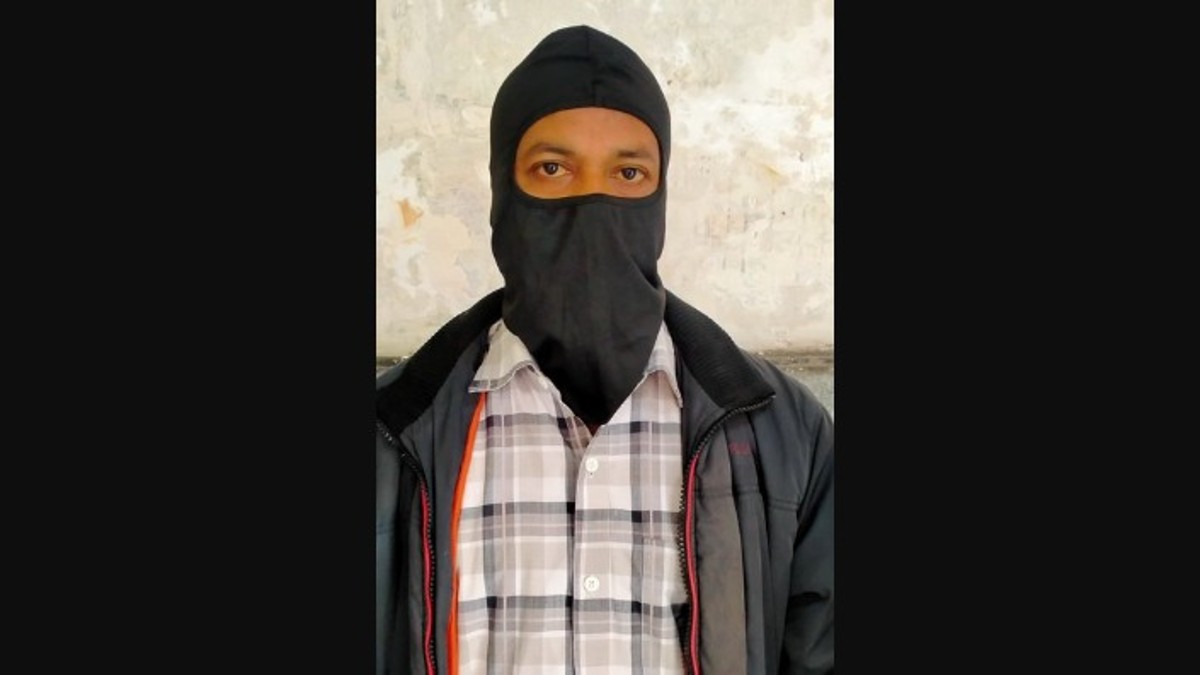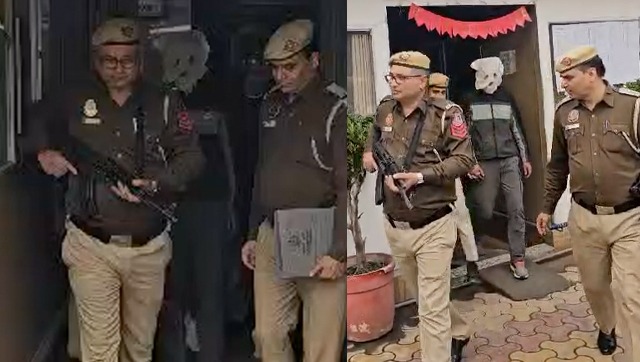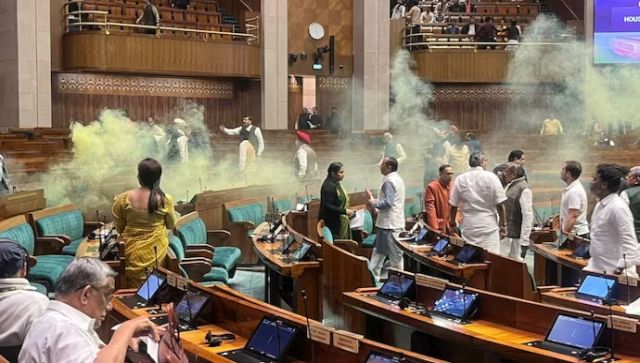Editor’s note: This article was originally published in June, 2013. In the light of Delhi court’s decision to discharge Sreesanth of the spot-fixing charges, it is being republished today.
The Delhi police invoking MCOCA (Maharashtra Control of Organised Crime Act) at the 11th hour against test cricketer Sreesanth and two IPL players for alleged spot-fixing is a telling example of how draconian laws are used in democratic India.
Till Tuesday, the cricketers were innocent until proven guilty, but now they are guilty until proven innocent. It’s solely their responsibility to prove that they have nothing to do with the organised crime syndicate of the D-company.
The situation is telling of the beauty of this fabulous legislation and the ease with which it can be misused. If nothing works, use MCOCA. In Pune, it was used even against chain-snatchers.
The evidence that are unacceptable as proof of guilt under ordinary law, such as confessions before a police officer or even telephone intercepts, can now possibly ensure the accused are convicted.
And in the worst case scenario, after keeping them in jail for a few years while the case is under investigation and then goes to trial, if the police is proven utterly wrong, the cricketers cannot take any legal action or seek damages - Section 26 of MCOCA provides the police complete immunity.
The timing of the Delhi police in invoking provisions of MCOCA against the cricketers is extremely suspicious, that too after maintaining all this while that it had a very strong case. The commissioner and investigators initially appeared certain that they could get the cricketers convicted under IPC and then suddenly came up with MCOCA, disregarding the fact that the accused should have a history of continuing unlawful activity to be booked under the Act.
But why?
This is where the draconian aspects of the Act helps the Delhi police take short cuts. The scary provisions of the Act make its job very easy: assumed guilt, denial of bail, long periods of detention even after filing the charge-sheet, longer periods of police custody and absolute impunity if it (the police) screws up.
Who cares if the cricketers’ lives are damaged for ever?
On the face of it, this step exposes the Delhi Police’s vulnerability in the case - perhaps it’s not sure if what it has in hand is good enough to secure a conviction. Going by its average conviction rate of 37 per cent, the odds of the cricketers going unpunished are heavily against the Delhi police. But by using the magic wand of MCOCA, the possibility of ensuring a conviction nearly doubles. Not because of the merits of the case or the investigation, but because of the provisions of the Act.
As legal experts say, MCOCA is as draconian as POTA, which was repealed by the UPA in 2004. Political scientist Prof. Ujjwal Kumar Singh notes in ‘ Human Rights and Peace: Ideas, Laws, Institutions and Movements ,’ “MCOCA sets up a parallel system that sets aide ordinary legal procedures to transpose an anachronistic medieval system of justice based on assumption of guilt.”
MCOCA is also an example of states usurping the centre’s legislative powers and setting different standards of justice in different parts of the country. For instance, had the case been investigated in Kerala, the police would have proceeded under normal law.
In terms of its human rights abuse, MCOCA is similar to the now-defunct POTA. The presumption of guilt until one proves oneself to be innocent, admissibility of confessions to the police which could be extracted through torture, and provision for non-disclosure of the names of witnesses to the accused are certainly bad news for Sreesanth and company. Whatever the police has extracted from them as “confessions” can now be used against them. In criminal investigations, the accused often “confesses” to police to avoid torture and then retracts it later in court.
It’s such a travesty of justice that while TADA expired and POTA was repealed on grounds of rights violations and miscarriage of justice, their provisions are still used in some states through instruments such as MCOCA. Congress president Sonia Gandhi’s argument against POTA, at the time of its repeal, holds good for MCOCA too.
“It would go against the basic safeguards that the fathers of the constitution propounded and nurtured to protect the liberties of the citizens. Such a system will sacrifice individual freedom and weaken democratic institutions,” she had said.
Leading lawyers of the country have flayed the move by the Delhi police. “Where is the evidence to show that Sreesanth and other cricketers had the knowledge of involvement of Dawood Ibrahim? If Sreesanth did not know about involvement of the underworld or the crime syndicate, how can one say he is liable under the MCOCA?” asked senior Supreme Court lawyer KTS Tulsi in the Times of India.
In Deccan Chronicle , noted criminal lawyer Sushil Kumar described the move as a “complete abuse” of the process of law.
“The police were listening to telephonic tapes of players, bookies and others illegally for months together. Why did they not invoke the MCOCA from the beginning if they had all the material relating to the involvement of underworld dons?” he asked.
It looks like the police wants this to be a trophy case after its gang-rape debacle and bad press. If it is not water-tight under regular law, what better way than taking recourse to a special law that makes its job easy while remaining totally unaccountable.
Unarguably, laws such as MCOCA are among the worst forms of rights-violation ordinary citizens can face in the country. Even Chhagan Bhujbal, who was the home ministry in Maharashtra when the Act was passed, had conceded that the it had problems and hence needed amendments.
In an interview with Tehelka , he had said: “Once MCOCA is used against a person, he is behind bars for a year. He does not get bail; there is no provision for it. And after that, if the court decides there is no case against the person and discharges him, still a year is gone. His family life is totally ruined.”
Isn’t it scary to live in India?


)




)
)
)
)
)
)
)
)